The software you use grows with your organization. In small companies, a lot is done with pen and paper and in Excel lists and the knowledge is stored in the heads of the employee(s). If your company is already slightly larger, then the need for automation and digitization to maintain control and an overview will increase. Until you reach a certain point where you have the need for an ERP system; a software program to support all processes within the organization. So how do you know if your organization is ready for ERP? That varies by industry and company, but the following will give you an idea:
Size of the organization
How big your company is doesn't say everything about the need for ERP. You may already need ERP with a handful of employees, or work with many people without any need for an ERP system. But as an organization grows in business, turnover and number of employees, you will eventually reach a point where an ERP system adds value or is even a must. Service plans can no longer be done on paper or in Excel, the rental fleet is too large to know by heart and/or the administration and accounting becomes so complex and extensive that the structure of an ERP system is needed. Do you recognize these kinds of signals? Then don't wait to take action, because there is often more than a year between your search for suitable software and the completed implementation!
Business activities
Obviously, your business activities will affect the possible need for ERP software. In a very diverse and/or comprehensive business with complicated processes, the need for an ERP implementation is more likely to arise than in a company with very straightforward activities and processes. Can you manage to oversee the processes, make the right decisions and work efficiently without an ERP system? No problem. But are you losing overview, in need of structure and want processes to run more efficiently? Then it's time for ERP.
Problems without ERP
Ask yourself what problems you're running into because you don't have an ERP system. Are you missing out on customers? Are the annual figures not correct? Do you spend a lot of time on administration? Also think about the future; can the problems get worse or will you have to deal with additional difficulties in the coming years? When looking for software, focus on tackling the problems for your organization. A positive view of ERP is of course what benefits it will bring you. For example, calculate the expected return on investment. A quick calculation can easily convince you to choose ERP software.
Effects of ERP
An ERP implementation is not an easy journey. Certainly not when ERP is new within your company. Ultimately, you are taking a step (or several steps) forward and facilitating further business growth. But the road to it can be long and arduous. The ERP implementation costs time and money, is a heavy burden for your people, leads to resistance and fierce discussions and confronts you with difficult decisions regarding the processes and methods to be followed. And once you work with ERP you have the structure you want, but that also brings with it obligations. Everyone is forced to work within the structure of the ERP system. That's not easy for every user.
Philip van Kemenade is a marketer at Dysel and has daily contact with end users of software.
